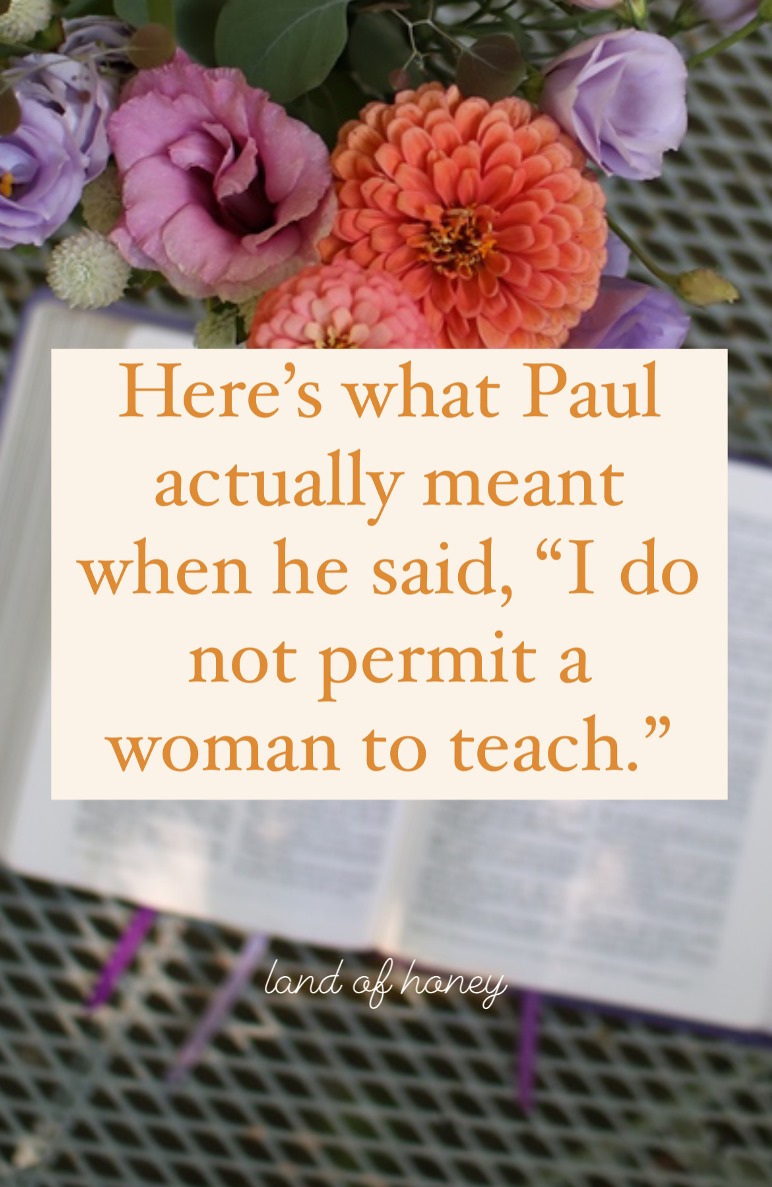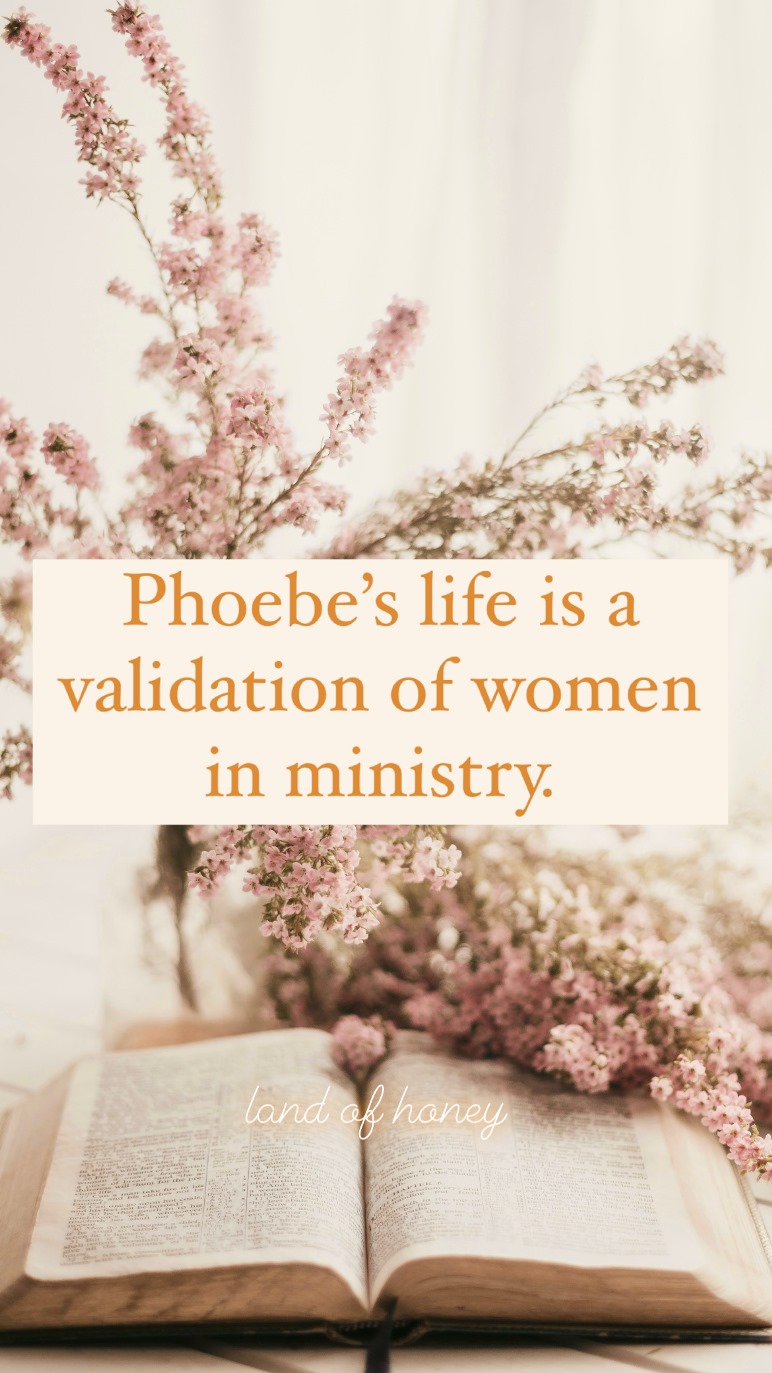Are you looking for a Feast of Tabernacles event happening near you? I'm excited to share this year's directory for 2024 to help you find a Sukkot event in your area. It features Tabernacle events happening in every region of the United States, and also our largest ever section of international celebrations, with feast sites in the UK, Canada, Australia, Africa, India, Asia, and Europe!
If you're looking for an opportunity to celebrate this Biblical holiday with other believers hopefully you can find a site that's celebrating in your area! Tabernacles, or Sukkot, is an eight day celebration, and many of these gatherings last for the duration, but some are shorter or longer. Even if you can only make a a day or two, it can be very worthwhile to worship the Creator with others during this special time.
When is the Feast of Tabernacles in 2024?
As you'll see below, different denominations and ministries go by different calendars, but most commonly the date to celebrate Tabernacles or Sukkot this year is October 16-24, but some will observe the feast starting in mid September. I would encourage you to pray about what dates you should keep.
Please note: I am not familiar with each ministry or all the people responsible for these Tabernacle events. People celebrate the Biblical holidays in a variety of ways, so reach out and contact the organizers ahead of time if you have specific questions about what that will look like. I simply want to give people the option of connecting with others through this list.
Feast of Tabernacles 2024 Event Directory:
SoCal Shabbat Fellowship Sukkot
September 17 - 27
Valley Center, California
Safe Haven Farms Sukkot
September 18 - 27
Dinuba, California
Sukkot NC
September 18 - 27
Triangle, Virginia
EliYah Tabernacles
September 18 - 27
Steelville, Missouri
Yahweh's Restoration Ministries Feast of Tabernacles
September 19 - 26
Holts Summit, Missouri
Wisconsin Dells Tabernacles
September 19 - 26
Wisconsin Dells, Wisconsin
Feast of Tabernacles Hudson Valley
September 29 - October 7
Poughkeepsie, New York
Lion and Lamb Tabernacles
October 1-9
Chandler, Oklahoma
Victory Feast of Tabernacles
October 1-9
Lake Palo Duro, Texas
The Gospel Worth Dying For Sukkot
October 2 - 8
Brownwood, Texas
Crandall Sukkot Celebration
October 2 - 10
Crandall, Georgia
Torah to the Tribes: Succot at Su-Coast
October 3 - 8
Cloverdale, Oregon
West Yellowstone Tabernacles
October 16
Yellowstone, Montana
House of David Sukkot Meal
October 16
Fairland, Oklahoma
Ocean City Tabernacles
October 16
Ocean City, Maryland
Tabernacles: Lion of Judah Roar
October 16 - 23
Bradenton, Florida
Midwest Sukkot: The Rehearsal
October 16 - 24
Manson, Iowa
Hebraic Family Fellowship
October 16 - 24
Ardmore, Oklahoma
Sukkot YES
October 16 - 24
Amery, Wisconsin
Feast of the Nations Dogwood Tabernacle Sukkot
October 16 - 24
Seymour, Missouri
The Father's Call Festival Oxnard
October 16 - 24
Oxnard, California
Living Messiah Sukkot
October 16 - 24
Hereford, Arizona
Grafted Church Sukkot
October 16 - 24
Hinton, Oklahoma
Church of God Tabernacles
October 16 - 24
Grand Junction, Colorado
Feast of Tabernacles Lancaster
October 16 - 24
Lancaster, Pennsylvania
Tucson Tabernacles
October 16 - 24
Tucson, Arizona
Big Sandy Tabernacles
October 16 - 24
Big Sandy, Texas
Season of Our Joy Sukkot
October 16 - 24
Longview, Texas
Kohala Coast Tabernacles
October 16 - 24
Waikoloa Village, Hawaii
Rapid City Sukkot
October 16 - 24
Rapid City, South Dakota
COGNJ Feast of Tabernacles
October 16 - 25
Bird in Hand, Pennsylvania
Passion for Tabernacles
October 16 - 25
Roach, Missouri
New2Torah Sukkot
October 16 - 25
Huntsville, Arkansas
Texas Tabernacles: Catching Fire
October 16 - 25
Waco, Texas
Jacob's Tent Sukkot
October 16 - 25
Cleveland, Tennessee
Feast of Tabernacles Eau Claire
October 16 - 26
Eau Claire, Wisconsin
Messianic Torah Observant Israel Sukkot
October 16 - 27
Cleveland, Tennessee
Beth Yeshua International Sukkot
October 17
Macon, Georgia
Messiah Sukkot West Coast
October 17 - 21
Fall Creek, Oregon
Oak Stone Feast of Tabernacles
October 17 - 24
Denton, Texas
Building Families in the Messiah Sukkot
October 17 - 24
Molalla, Oregon
Feast of Tabernacles Syracuse
October 17 - 24
Syracuse, Indiana
Guardian Ministries Tabernacles
October 17 - 24
Sparks, Nevada
Lake Tahoe Tabernacles
October 17 - 24
Lake Tahoe, California
Rock Valley Feast of Tabernacles
October 17 - 24
Murrieta, California
Discipleship Church of God Tabernacles
October 17 - 24
Tooele, Utah
Common Faith Network Feast of Tabernacles
October 17 - 24
Panama City Beach, Florida
Fellowship in Faith Feast of Tabernacles
October 17 - 24
Hot Springs, Arkansas
Fellowship in Faith Feast of Tabernacles
October 17 - 24
Kentucky Lake, Kentucky
Sabbath Church of God Tabernacles
October 17 - 24
Yorktown, Virginia
Guardian Ministries Feast of Tabernacles
October 17 - 24
South Lake Tahoe, California
Oakstone Feast of Tabernacles
October 17 - 24
Burnet, Texas
Feast Meetup Sukkot
October 17 - 27
Duffield, Virginia
Sukkot: Season of Harvest
October 17 - 27
Sunset, South Carolina
Truth Seekers Montana Sukkot
October 17 - 27
Troy, Montana
House of Aaron Sukkot Weekend Celebration
October 18 - 20
Eskdale, Utah
Feast of Tabernacles Celebration
October 18 - 27
Livingston, Tennessee
The Harvest Sukkot
October 18 - 20
Tabernash, Colorado
Beth Ariel Sukkot
October 18
West Hills, California
Restoring His Way Feast of Sukkot
October 19 - 26
Wewoka, Oklahoma
Solel Fellowship Sukkot
October 1-9
Otisville, Michigan
Messiah's New Life Sukkot
October 19 - 26
Avilla, Indiana
For His Name Tabernacles
October 19 - 26
Sterling, Illinois
Brazos Bereans Feast of Tabernacles
October 19 - 27
Glen Rose, Texas
September 18 - 25
Ayrshire, Scotland
Calgary Tabernacles
October 16
Alberta, Canada
Kelowna Tabernacles
October 16
British Columbia, Canada
Montagnac Tabernacles
October 16
Montagnac, France
Agra India Tabernacles
October 16
Agra, India
Feast of Tabernacles Sri Lanka
October 16
Negombo, Sri Lanka
Tabernacles Tallinn
October 16
Tallinn, Estonia
Feast of Tabernacles Cortona
October 16
Cortona AR, Italy
Feast of Tabernacles Mont-Tremblant
October 16 - 24
Quebec, Canada
Festival of Tabernacles
October 16 - 24
Cumbria, England
Baguio City Tabernacles
October 16 - 24
Baguio City, Philippines
CESA Feast of Tabernacles
October 16 - 24
Queensland, Australia
Tabernacles in Ghana
October 16 - 24
Cape Coast, Ghana
Feast of Tabernacles Western Australia
October 17 - 24
Mandurah WA, Australia
Nelson Bay Tabernacles
October 17 - 24
New South Wales, Australia
Tabernacles Taupo
October 17 - 24
Taupo, New Zealand
Feast Southport
October 17 - 24
Southport, England
Titisee Tabernacles
October 17 - 24
Titisee, Germany
Kenya Tabernacles
October 17 - 24
Kehancha, Kenya
Naivasha Tabernacles Celebration
October 17 - 24
Naivasha, Kenya
Tabernacles Gonubie
October 17 - 24
Gonubie, East London, South Africa
COG British Isles Tabernacles
October 17 - 24
Meath, Ireland
COG UK Tabernacles
October 17 - 24
King's Lynn, Norfolk, England
Do you know of an event that I don't have listed? Let me know so it can be added!
Related posts:
Six Things You Can Do Now to Get Ready for the Fall Feasts
The Feast of Tabernacles: What it Means and Why You Should Celebrate
8 Things Scripture Says About the Feast of Tabernacles




.JPG)
.JPG)


.JPG)

.JPG)
.JPG)





